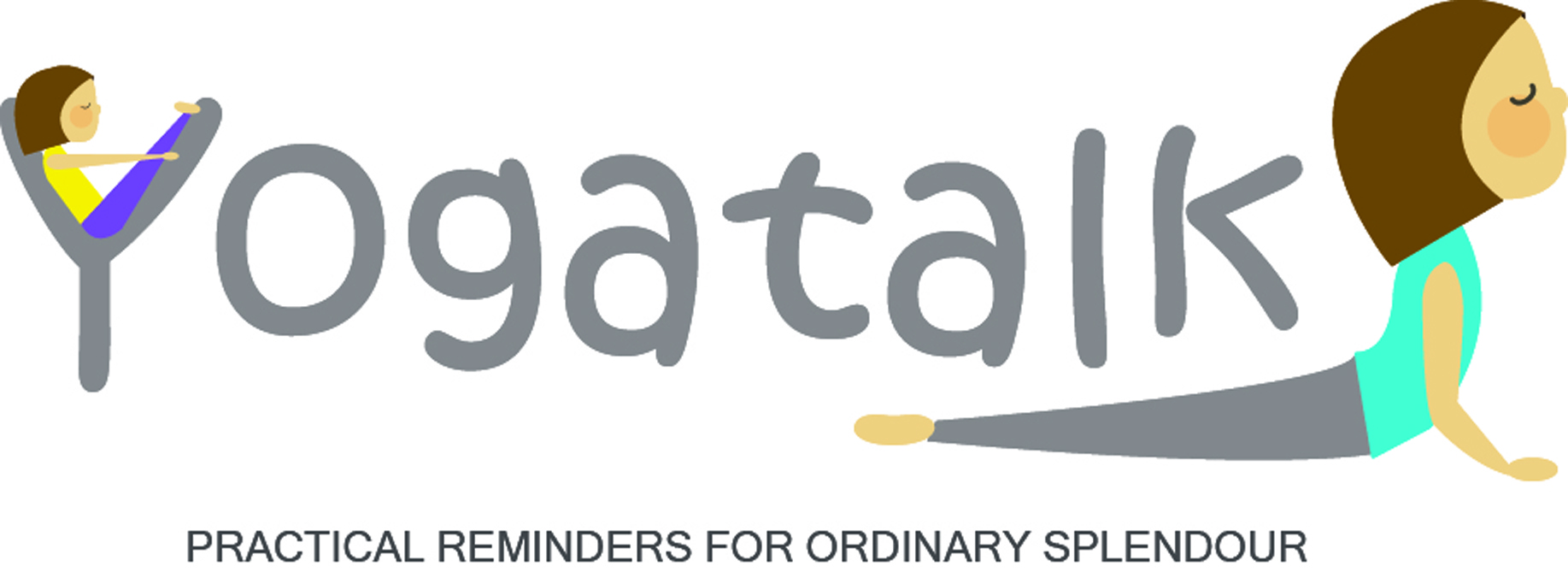Rest is a lull from action – a period of some minutes sitting or lying in comfort, free from mental clamour or thoughts which disturb the mind.
Resting helps us thrive. The lack of it will make us restless and unwell. The full regenerative power of proper relaxation is often overlooked or undervalued as a vital part of health, despite its positive effect on everything we do.
When our life is out of balance it is also common to feel restless, and the things we eat or drink or do to help us relax might be making things much worse. We are naturally pleasure-seeking creatures, and can too easily do what does not serve us best!
When feeling under pressure and short of time, it is easy not to make the room for decent rest –even though a break will help us feel and function so much better that it saves time and energy in the long run.
Lack of proper rest is a major source of human suffering. Conscious repose is therefore a basic Hatha Yoga practice.
During rest, the mind has moments free from conscious thought. Organs function at their optimum rate. With the heart and breathing steady, the nervous system calmed and soothed, then the mind is quieter.
Such quality repose gives respite, where we can restore strength and renew vigour. It improves the mental state so we are less over-reactive at other times.
By taking care we become more aware of how things can drain our energy and make us vulnerable to malaise.
Holding unnecessary and habitually unconscious muscular tension can indeed wear us out. The mind and body are part of each other; where there is muscular tension there is also mental. It is a vital part of human make-up. But in chronic excess it is a common bane of life, much more than people realise.
Many do not know that holding on to tension causes hurt, not just to themselves but to others. A tightening reaction to a situation influences our response, over-reaction being a common cause of conflict. Hence the aim to be free of this is a worthy part of daily life.
Rest is distinct from sleep. But while resting, there may well be pleasant moments drifting between wakefulness and slumber. An optimum nightly period of deep sleep helps keep us well. But it is possible to be restless and asleep. It is possible to sleep in pain. It is possible to sleep with such tension that teeth are ground away. Holding tightness during sleep means waking up exhausted.
A simple focus for attention at the beginning of rest will aid relaxation. Bringing the mind to settle on just one or two things reduces mental fluctuation.
Stirring up emotion is un-restful, so this focus should be neutral, such as the breath, the hands, or some non-evocative sound. A visualisation needs careful choosing, so that it does not set off a train of thought.
How much quiet is needed for rest can depend on the frame of mind and the individual. What is background sound to one could be distraction to another. Sounds heard should not stir us by the listening. Eyes tend to close, but softly gazing into the back of closed lids can help focus attention.
Thoughts may come and go while resting. Observing thought waves can be a conscious practice. At rest, one can be aware of thoughts, of their frequency and intensity, without being spurred by them into more thinking. In skilful rest one is not roused by, or attached to, the kind of thought one has; they remain as mental fluctuations, like clouds drifting across our mental sky.
Prolonged minutes of wakeful rest, with thought waves pleasantly absent, may be regarded as meditation. This can happen with the eyes open but not looking. A lowered gaze helps keep the mind from distraction. And any aural or visual input needs to be non-evocative.
Slipping into the rapture of meditation does not come from trying not to think. It is a mental state, inherent from early age, which can happen spontaneously – if we allow space for it to happen.
At such times one is unaware of breath or body unless they demand attention.
Minutes of meditation can compensate for hours of lost deep sleep.
Daydream, rest and meditation are a welcome default setting for the brain. Such wakeful disengagement from daily action can foster insight and creative thinking. It can produce effortless inspiration. And, out of this void, solutions to weighty problems can appear without bidding.
Kit Hartley. Lidgett. May 2017


